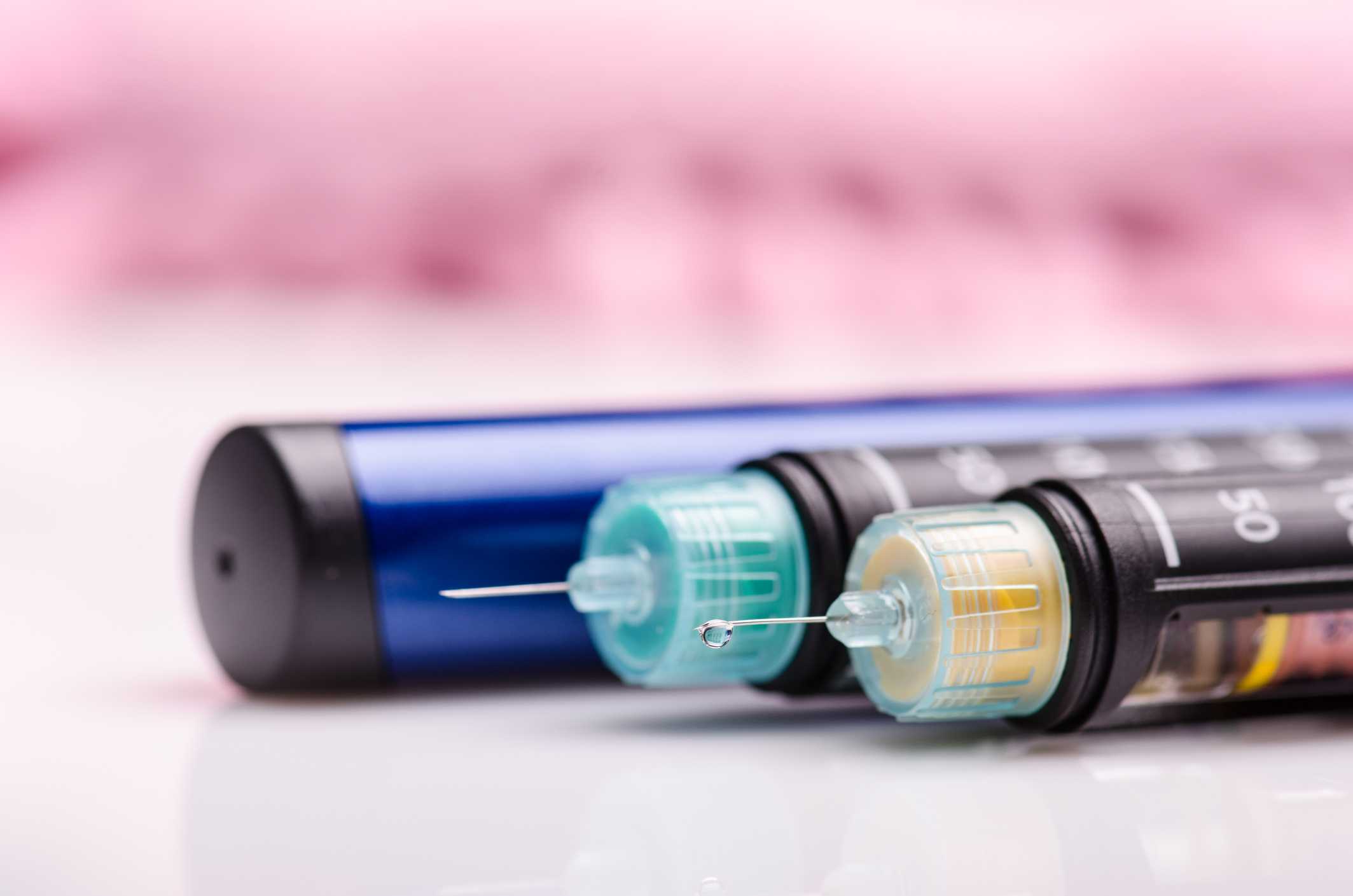Results show that the NHS Diabetes Prevention Program (DPP) achieves success in helping people at risk of type 2 diabetes to lose weight and reduce their HbA1c.
The DPP is a national intervention for helping people at high risk of type 2 diabetes to reduce their risk. The DPP aims to help people achieve a healthy weight and meet dietary and physical activity recommendations.
The results of the program were assessed by a team of researchers from across the UK. The data for the study included people who were referred between June 2016 and December 2018.
By December 2018, nearly 325,000 people had been referred and of these, just over 96,000 had attended at least one of the group-based diabetes prevention sessions. People referred to the program were adults with HbA1c levels of 42 to 47 mmol/mol (6.0 to 6.4%) or fasting plasma glucose levels of 5.5–6.9 mmol/L.
The results showed that 53% attended an initial assessment, 36% went to at least one group-based session, and 19% were defined as completers for attending at least 60% of the sessions.
The completer analysis showed that on average, people lost 3.3kg of weight and achieved a reduction in HbA1c of 2 mmol/mol (0.2%).
The intention to treat analysis showed an average weight loss of 2.3kg and an average reduction in HbA1c of 1.3 mmol/mol (0.1%).
The researchers conclude that the reductions in weight and HbA1c suggest a likely reduction in type 2 diabetes incidence among those that take part in the DPP. The results suggest that those who complete the program may have a greater likelihood of preventing type 2 diabetes.
The study is published online, ahead of print, by the Diabetes Care journal.
While not included within the study, previous research has shown completers of the Low Carb Program with type 2 diabetes achieved an average weight loss of 7.4kg after one year. Most people with either type 2 diabetes or prediabetes who complete the program improve their HbA1c results and 1 in four with type 2 diabetes put the condition into remission.




